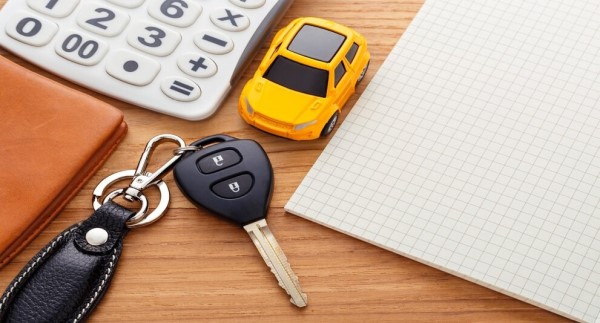The process of selling a car may be challenging for some people, and it can be considerably more stressful if the seller still owes money on the vehicle. When selling a car, you still owe money; you have various alternatives; however, selling a vehicle you own outright is significantly simpler. The particular course of action you should follow will be determined by several criteria, the most important of which are the location of the institution holding your loan and the nature of the buyer, whether they are a private individual or a dealer.
Determine Your Payoff Amount
You should get in touch with your lender first to get some direction and establish the precise amount of money you are responsible for paying back. Get a payback letter from your lender so that you may call the transaction official. This formal document includes the payout amount, a date by which the amount is still correct, and directions for payment. The instructions include the permissible means of payment and where the money should be wired. It's possible that you won't be able to pinpoint precisely when you'll be selling your car, and everyday interest charges will make the total cost of the loan fluctuate. You won't be surprised if you have all the relevant information in your possession.
When you call your lender, it is also a good idea to ask if they have any options for selling the automobile while the loan is still in place. This may be done without affecting your ability to pay back the loan. Your lender may have an office in your area where you and the buyer may meet in person, which will help the transaction go much more smoothly. Ask about possible prepayment penalties and the projected processing time for acquiring the title once the lien on the car has been removed. These are both important topics to inquire about.
Pay Off the Loan
It is best to settle your auto loan well before selling the vehicle, if feasible. In this method, you will be able to hand over a clean title to the buyer by just signing it over to them. Because of this, prospective buyers will be most interested in purchasing the vehicle so that you will have an easier time selling it. If you want to sell a car that you still owe money on but don't want to pay it off, acquiring the title will be a burden, and as a result, some potential purchasers could be reluctant to purchase the vehicle.
Provide a Clear Title
Your sale of the car will be finalized when you hand over the title to the purchaser, who will then be able to register the vehicle in his name. Signing your name on the back of the title to signify that you are relinquishing ownership to the buyer is often required to complete the process of transferring the title.

You may also be required to provide the buyer with a bill of sale, which details the seller's contact information, the date and price of the transaction, the mileage recorded on the vehicle's odometer, and the signatures of both the buyer and the seller. The specific standards differ from state to state. In the state of Alaska, for instance, the title functions as a bill of sale and provides the purchaser with everything else required to register the car in their own name.
Selling to a Dealer
By trading it in with a dealer or selling it to a private buyer, you can unload a financed vehicle with or without paying off the balance on the loan. Selling your automobile to a private buyer might be more difficult than trading it in. It is much simpler to discover dealers, and because they often deal with transactions of this kind, they will take care of all the necessary documentation in the background. The transaction may often be completed at several dealerships in a single day. It is the second most convenient choice after paying off your debt ahead of schedule and is the finest option in terms of convenience.

Selling to a Private Buyer
When selling an automobile, the greatest way to maximize your profit is to do it to a private buyer interested in owning and driving the vehicle. You may even be able to get a price that's higher than the item's wholesale price. If you are in a hurry, selling the item without a title is another option. If the buyer trusts you, they may purchase the automobile from you even if they know that the title has not yet been transferred into their name. The purchaser runs the danger of having problems with their vehicle registration, having their vehicle repossessed, or of law authorities suspecting that their vehicle was stolen.

A Comprehensive Guide to Earthquake Insurance Costs

For What Length of Time Can a Boat Be Financed?

Understanding Term Life Insurance

Tax Credit for other Dependents

Understanding Whole Life Insurance

Best Place to Buy Used Furniture Estate Sales

Best Business Loans for Bad Credit

A Detailed 2024 Review on USI Affinity Travel Insurance

All About the Top Scholarships for Nursing Students

Top Electrician Insurance Companies: Assessing Coverage and Reliability

Unaffiliated Investments
